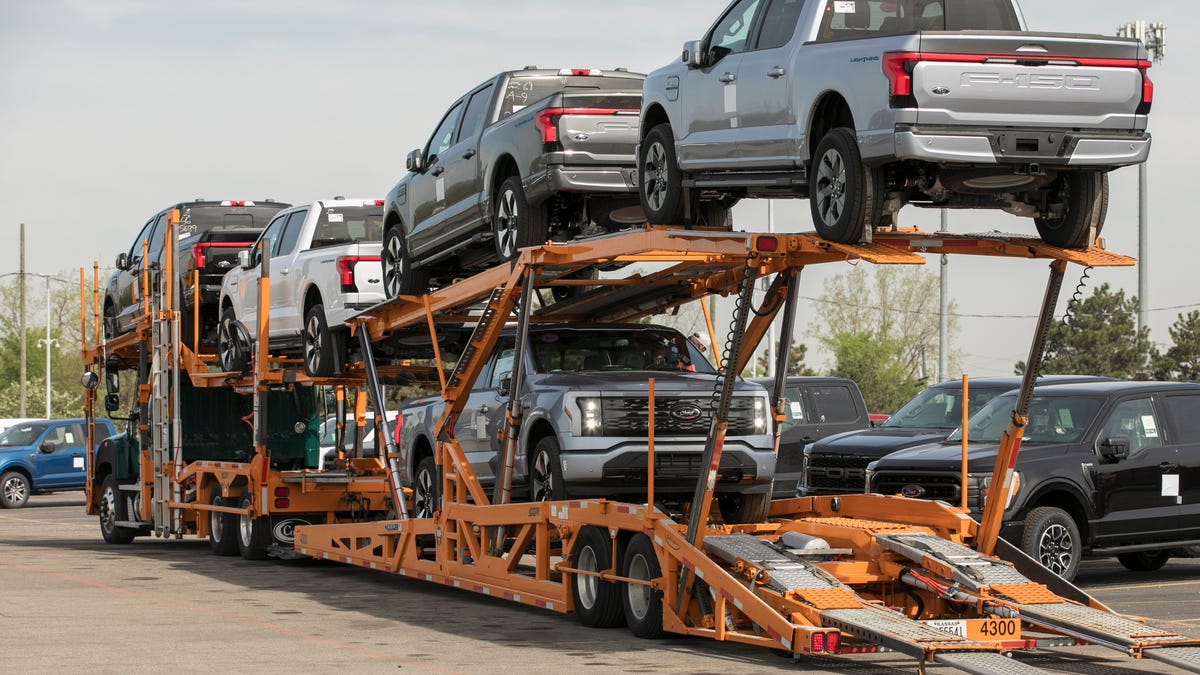The average selling price of a new car has now eclipsed $50,000 for the very first time in history, according to Kelley Blue Book.
The price of just about everything has climbed higher — and new vehicles are no exception. But when the average transaction price for a new vehicle hit $50,080 in September, many car shoppers surely encountered sticker shock. The ATP (average transaction price) this year for new vehicles has risen 3.6% year-over-year, which is the biggest increase since spring 2023. There are several factors driving up new car prices including tariffs, the end of the federal EV tax credit and the luxury vehicle segment remaining consistent in sales.
But even with prices reaching an all-time high, cars keep selling.
This year, the influx of shoppers trying to get new EVs before the federal tax credit ended played a big role in price trends. A record 437,487 EVs were sold in Q3 of 2025 with an average sale price of $58,124.
Tariffs have played a role in these price increases as well. Automakers tried to resist raising their prices to see how things played out. Since the tariffs officially took effect earlier this year, brands have been forced to pass along soaring manufacturing costs to the consumer. This has led to even the most affordable makes and models selling for prices that drive potential buyers to consider the used market.
For the higher end of the car market, vehicle sales don’t seem to be slowing down. Executive analyst for Cox Automotive Erin Keating said in a news release what to expect in the future.
“Today’s auto market is being driven by wealthier households who have access to capital, good loan rates, and are propping up the higher end of the market,” Keating said. “While there are many affordable options out there, many price-conscious buyers are choosing to stay on the sidelines or cruising in the used-vehicle market.”











